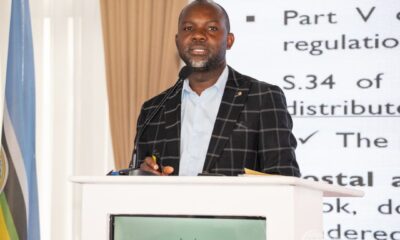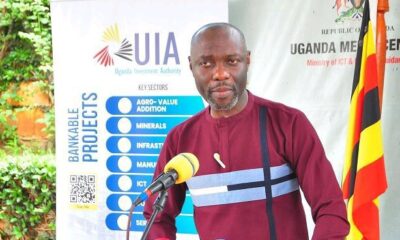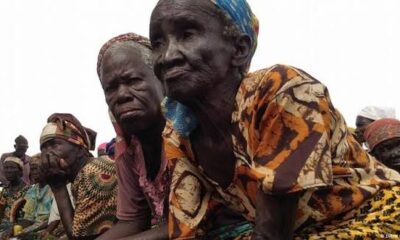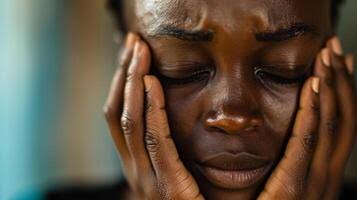Politics
“I Have Another NUP Guy Here, In The Basement, He Has Urinated On Himself Like 5 Times Already” Gen Muhoozi Tells Off Bobi Wine

In a deeply unsettling post on Twitter, General Muhoozi Kainerugaba, son of Uganda’s President Yoweri Museveni, shared a disturbing account of an encounter with a National Unity Platform (NUP) supporter. He wrote, “I have another NUP guy here, in the basement.

He has urinated on himself like 5 times already.” While seemingly offhand, the tweet has ignited intense debate and criticism across Uganda, highlighting the country’s fraught political climate and the alleged use of intimidation tactics.
Muhoozi is no stranger to controversy, often expressing his views on social media in ways that provoke strong reactions. But this latest post ventures into unsettling territory. Its blunt tone and graphic imagery evoke fear, humiliation, and the power dynamics that characterize Uganda’s political landscape. The NUP, led by opposition figure Bobi Wine, has long challenged the ruling government, and its supporters have frequently faced harassment by security forces and government loyalists.
The tweet implies that the individual—presumably an NUP supporter—was detained in a basement and overwhelmed with fear or anxiety, as indicated by repeated mentions of urination. Critics have swiftly condemned the post as an illustration of potential abuse of power. For many, the image of a political opponent reduced to such humiliation symbolizes the oppression and violence opposition groups have endured in Uganda over the years.

What is particularly striking is Muhoozi’s casual description of the supporter’s condition. Political conflict is one thing, but the dehumanizing tone and lack of empathy in the post have alarmed many. Observers are left questioning whether this is an isolated incident or a reflection of broader treatment opposition figures face under the current regime.
Opposition leaders, human rights organizations, and ordinary Ugandans have denounced the tweet, arguing that it underscores the dangerous political climate. Political violence and harassment are already frequent, and Muhoozi’s post risks normalizing such behavior. It also raises serious concerns about the conduct of those in power and their capacity to uphold professionalism, respect, and human dignity in sensitive situations.

Whether viewed as a careless remark or a deliberate attempt to intimidate, the tweet casts a shadow over Uganda’s ongoing political struggle. Many fear that the country’s history of political violence may worsen if those in power continue to show such callousness toward opposition figures. The future of Uganda’s democracy now seems uncertain.
Muhoozi’s message has sparked a heated debate: some interpret it as a revealing glimpse into the harsh realities of Uganda’s political power struggles, while others see it as a dangerous provocation that could incite further violence. In either case, it serves as a stark reminder of the high stakes and very real human costs of the nation’s ongoing political conflict.




















